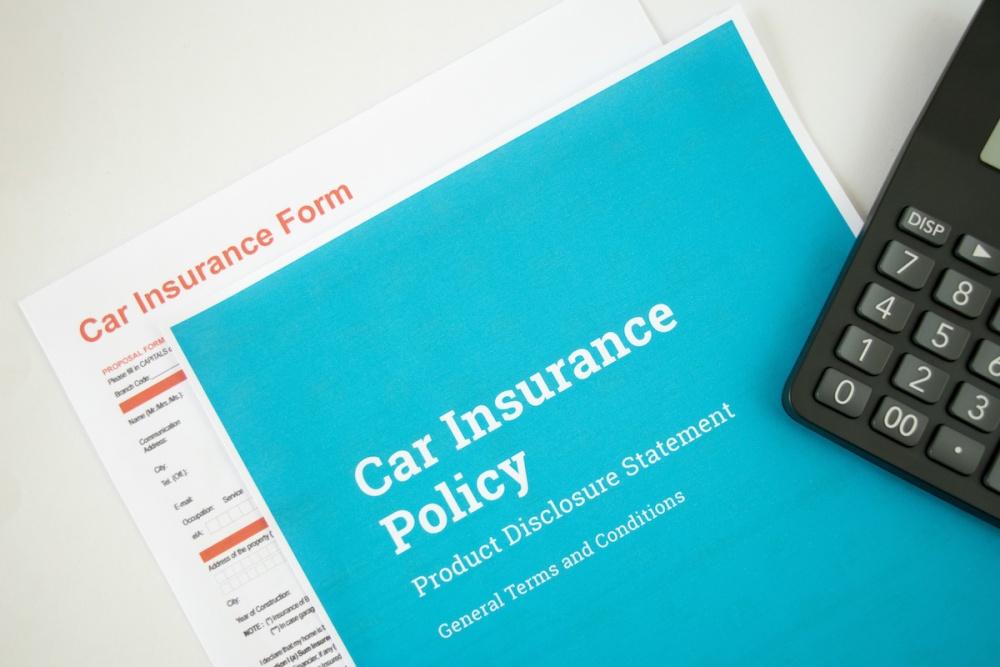
If you opened your latest insurance statement, saw the cost of your premium and wondered (or, possibly even shouted), “why did my car insurance go up?”, we’re here for you. Unfortunately, there are several factors that can cause your insurance premium to go up, some of which are within your control and some of which aren’t.
There are a lot of variables that affect the cost of your car insurance that relate specifically to you, from what kind of car you drive to your driving record.
A few common reasons why you might have caused your premium to go up are:
You’ve received a traffic ticket or other moving violation. These can reflect negatively on your driving record, and the more serious the offense, the more it’s likely to increase the cost of your car insurance.
Your license has been suspended. If your license was suspended because of traffic violations or other offenses, that can affect your insurance rate. However, if your license was suspended because you forgot to renew it or for other administrative reasons not related to your driving, this shouldn’t affect your premium.
You’ve been found at fault in an accident. In general, insurance companies reward drivers (in the form of lower rates) based on how infrequently they make at-fault claims. These claims can hurt your “good driver” reputation and cause your premium to rise.
If none of these reasons apply to you, that doesn’t mean your premium can’t go up. There are lots of factors that can cause insurance premiums to rise for everyone, regardless of their driving record. While this is frustrating to experience, you can take some small comfort in the fact that these increases typically affect pretty much everyone, regardless of their driving record or insurance provider.
A few reasons why your (and others’) insurance might go up are:
Cars are more expensive to repair. Before cars were built with advanced computer systems and sensors, repairs were generally less expensive. While these new systems are typically designed to help prevent collisions and keep you and your passengers safe, collisions do still happen. And, unfortunately, when they do, they cost more. What would otherwise be a fairly straightforward and affordable fender bender can exponentially increase in cost when things like backup cameras are involved.
Advancements in technology have also, unfortunately, led to a rise in distracted driving. Whether it’s in-vehicle technology or personal hand-held technology, like a smartphone, distracted driving is a problem now more than ever. A rise in distracted driving equals a rise in the number of auto accidents that occur, and a rise in accidents means insurance companies are paying out more and more, which means they need a larger pool of money to draw from.
Medical services are now much more expensive than in previous years, which means that accidents in which people are injured and require compensation for medical issues are more costly to handle.
Trends in accident increases can be national as well as regional, so while insurance companies frequently raise rates based on factors that affect customers nation- and industry-wide, they can also increase rates for customers in areas that show to be at a higher risk of incidents that might result in insurance claims. If it appears that your area is more prone to accidents, theft, extreme weather or other factors that could result in an insurance claim, your rate might be more expensive.
An insurance company has to apply to a government-regulated body in order to increase its rates across the board, and its application has to be approved in order to increase rates, so you can have some assurance that they’re not all raising their rates indiscriminately. Typically, if an insurance provider has to increase its rates, it’s because of a legitimate reason affecting the industry as a whole, and their goal is still to be competitive within the industry. On the other hand, these governing bodies can also require that insurance providers reduce their rates if they don’t find them to be fair. This happened recently in California, when State Farm was ordered to reduce rates for their customers and issue refunds for rates that the commissioner felt customers had been unfairly charged.
So, while no one wants to see their insurance rates go up, in most cases, it’s an unfortunate inevitably.

